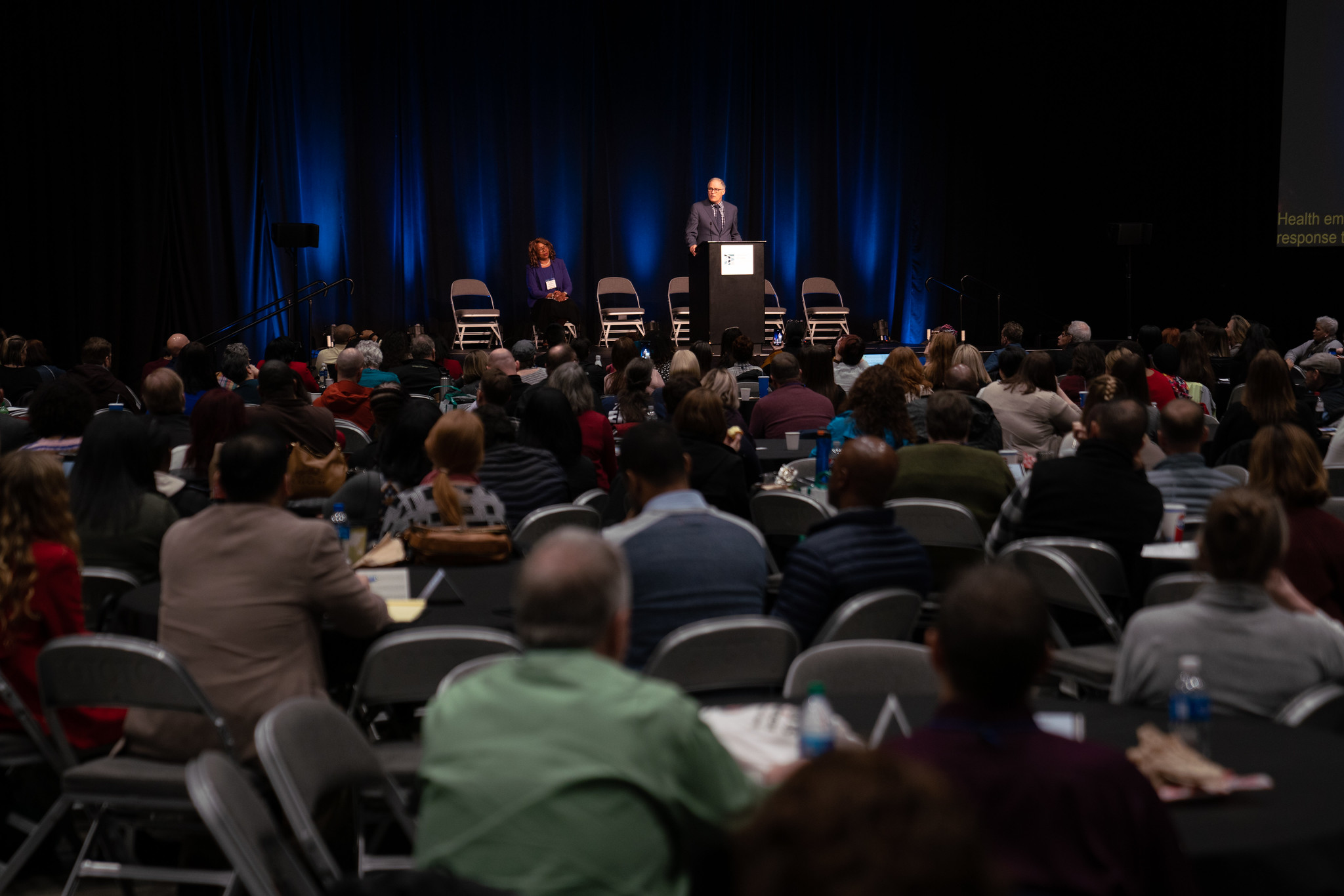
Supporting Federal Decision Making through Participatory Technology Assessment
Summary
The incoming administration faces complex issues at the intersections of science, technology, and society. As such, the next administration should establish a special unit within the Science and Technology Policy Institute (STPI)—an existing federally funded research and development center (FFRDC)—to provide capacity for Participatory Technology Assessment (pTA) to the White House Office of Science and Technology Policy and across executive branch agencies.
A pTA unit within STPI would provide pTA as a service for the executive branch regarding emerging scientific and technological issues and questions. By integrating public voices alongside expert assessments, the next administration can ensure that federal science and technology decisions provide the greatest benefit to society.
To help protect U.S. critical infrastructure workers, the next presidential administration should ensure ample supplies of high-quality respiratory personal protective equipment.
Proposed bills advance research ecosystems, economic development, and education access and move now to the U.S. House of Representatives for a vote
NIST’s guidance on “Managing Misuse Risk for Dual-Use Foundation Models” represents a significant step forward in establishing robust practices for mitigating catastrophic risks associated with advanced AI systems.
Surveillance has been used on citizen activists for decades. What can civil society do to fight back against the growing trend of widespread digital surveillance?